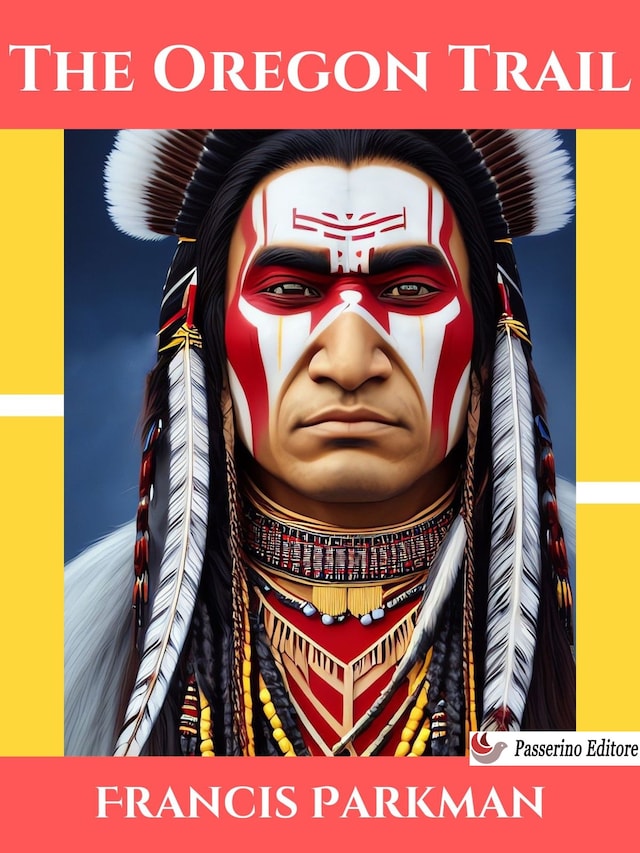
The Oregon Trail
Sketches of Prairie and Rocky-Mountain Life
Description of the book
The Oregon Trail is a historic and iconic overland route in the United States that played a significant role in the westward expansion of the country during the 19th century. It was a trail used by pioneers, settlers, and traders to travel from the Missouri River to the fertile valleys of Oregon. The trail covers a distance of approximately 2,170 miles (3,490 kilometers) and passes through several present-day states, including Missouri, Kansas, Nebraska, Wyoming, Idaho, and Oregon.
The journey along the Oregon Trail was a challenging and arduous one, often lasting several months. The trail was first established in the early 1840s and remained in use until the completion of the First Transcontinental Railroad in 1869. During this time, an estimated 400,000 people traveled the Oregon Trail in search of new opportunities, fertile land, and a better life on the western frontier.
Traveling on the Oregon Trail was a risky endeavor, with pioneers facing numerous hardships and dangers along the way. They had to endure harsh weather conditions, treacherous terrain, and the threat of disease. Many travelers also faced challenges such as crossing rivers, navigating through mountains, and finding adequate food and water for themselves and their livestock.
One of the most well-known aspects of the Oregon Trail is the use of covered wagons, commonly known as prairie schooners. These wagons were typically pulled by teams of oxen or horses and carried the belongings and supplies of the pioneers. The wagons were sturdy but limited in space, so travelers had to carefully select the necessary provisions for their journey.
The Oregon Trail - Sketches of Prairie and Rocky-Mountain Life is a book written by Francis Parkman. It was first published in 1849 and is considered one of Parkman's most famous works. The book is a memoir and travelogue that recounts Parkman's personal experiences and observations during his journey along the Oregon Trail in 1846.
In "The Oregon Trail," Parkman vividly describes the landscapes, wildlife, Native American tribes, and the challenges faced by the pioneers traveling westward. He provides detailed accounts of the harsh conditions, the dangers encountered, and the daily life on the trail. Parkman's writing style is known for its vivid imagery and engaging storytelling, making the book a captivating read.
Parkman's journey along the Oregon Trail was motivated by his interest in studying Native American tribes and exploring the untamed wilderness of the American West. Throughout the book, he encounters various Native American tribes, such as the Sioux, Cheyenne, and Pawnee, and describes their customs, interactions, and conflicts with the pioneers.
Francis Parkman Jr. (September 16, 1823 – November 8, 1893) was an American historian, best known as author of The Oregon Trail: Sketches of Prairie and Rocky-Mountain Life and his monumental seven-volume France and England in North America. These works are still valued as historical sources and as literature. He was also a leading horticulturist, briefly a professor of horticulture at Harvard University and author of several books on the topic. Parkman wrote essays opposed to legal voting for women that continued to circulate long after his death. Parkman was a trustee of the Boston Athenæum from 1858 until his death in 1893.
 Francis Parkman
Francis Parkman 395 Pages
395 Pages